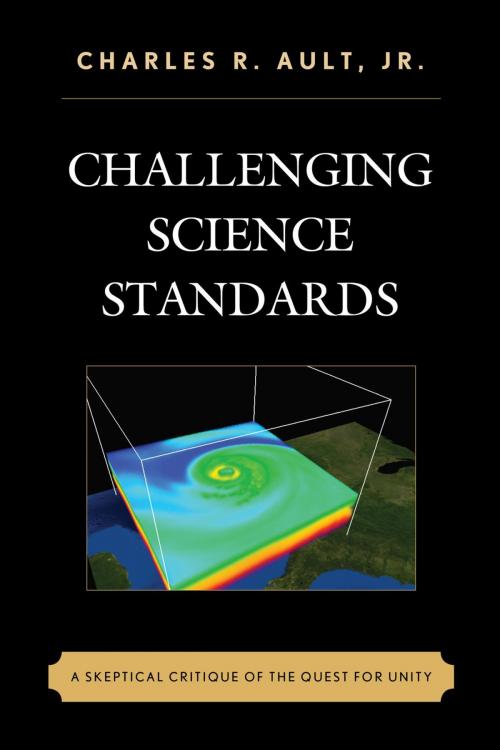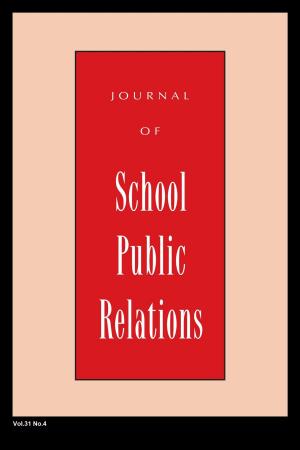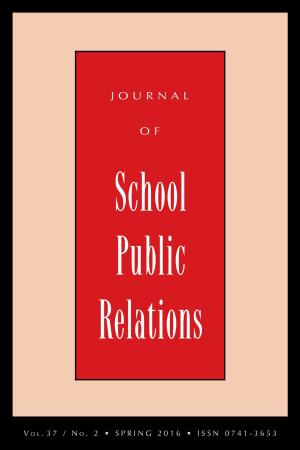Challenging Science Standards
A Skeptical Critique of the Quest for Unity
Nonfiction, Reference & Language, Education & Teaching, Teaching, Teaching Methods| Author: | Charles R. Ault Jr. | ISBN: | 9781475818499 |
| Publisher: | Rowman & Littlefield Publishers | Publication: | August 6, 2015 |
| Imprint: | Rowman & Littlefield Publishers | Language: | English |
| Author: | Charles R. Ault Jr. |
| ISBN: | 9781475818499 |
| Publisher: | Rowman & Littlefield Publishers |
| Publication: | August 6, 2015 |
| Imprint: | Rowman & Littlefield Publishers |
| Language: | English |
For several decades educators have struggled to identify the attributes all sciences have in common. In the popular mind this effort constitutes the importance of teaching “the” scientific method. In the policy maker’s world this pursuit yields standards for all Americans that unify the sciences. For teachers, the quest for unity has typically meant teaching science as process. However, a curriculum that prioritizes what all sciences have in common obscures their vital differences. For example, studying landslides is very different from doing x-ray diffraction; climate science is unlike medical research. Naïve ideas about scientific unity impoverish the public’s ability to evaluate scientific enterprises. Challenging Science Standards voices skepticism towards the quest for unity. Through analyses of disciplinary knowledge, school curricula, and classroom learning, the book uncovers flaws in the unifying dimensions of the science standards. It proposes respect for disciplinary diversity and attention to questions of value in choosing what science to teach. Illuminated by vignettes of children and adolescents studying topics ranging from snail populations to horse fossils, Challenging Science Standards proposes promising remedies.
For several decades educators have struggled to identify the attributes all sciences have in common. In the popular mind this effort constitutes the importance of teaching “the” scientific method. In the policy maker’s world this pursuit yields standards for all Americans that unify the sciences. For teachers, the quest for unity has typically meant teaching science as process. However, a curriculum that prioritizes what all sciences have in common obscures their vital differences. For example, studying landslides is very different from doing x-ray diffraction; climate science is unlike medical research. Naïve ideas about scientific unity impoverish the public’s ability to evaluate scientific enterprises. Challenging Science Standards voices skepticism towards the quest for unity. Through analyses of disciplinary knowledge, school curricula, and classroom learning, the book uncovers flaws in the unifying dimensions of the science standards. It proposes respect for disciplinary diversity and attention to questions of value in choosing what science to teach. Illuminated by vignettes of children and adolescents studying topics ranging from snail populations to horse fossils, Challenging Science Standards proposes promising remedies.















